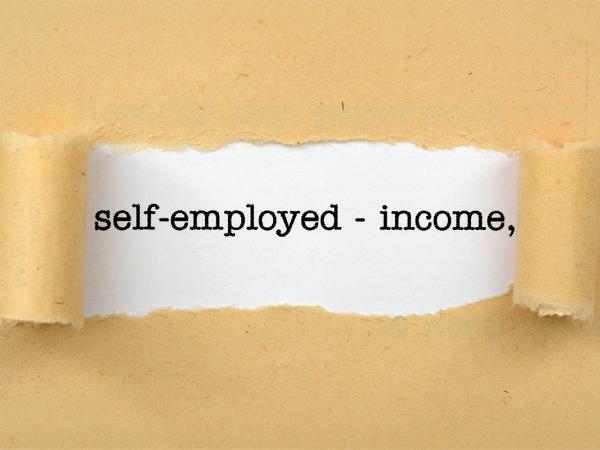Limited companies and universal credit
For universal credit, if you are an owner or director of a limited company you may be treated as though you are self-employed and the company income treated as your self-employed income.

Content on this page:
Overview
The universal credit rules say that where a person stands in a position ‘analogous’ (similar) to a sole trader or partner in relation to a company that is carrying on a trade or a property business, that person is treated as the sole owner or partner of the company. This is quite different to the position for tax and for tax credits where the limited company is a separate entity. These rules as sometimes called ‘look-through’ provisions because they look behind the company structure.
The main group affected by this rule are people who are directors and/or shareholders of their own limited company. However, it can apply to anyone who stands in a position analogous to a sole trader or partner where the income is from activities that are the person’s main employment. This page focuses on limited company directors.
Company directors
Most limited companies are limited by shares. This means they are owned by shareholders who have certain rights. In small limited companies, usually the director(s) will own the shares. A limited company is separate from the individual director – the company is its own legal entity. Money that is paid to the company for work done belongs to the company, not to the director(s).
But for universal credit, where a company director can be said to be analogous to that of a sole trader, they will be treated as being a sole owner or partner.
Analogous to a sole trader or partner
There is some information about this in DWP’s staff guidance.
DWP’s guidance states that whether someone is analogous to a sole owner or partner in relation to a trading or property business is a question of fact in each case.
The guidance also states that a person who does not work for the company can still be like a sole owner or partner because a sole owner of a business has total influence over the day to day running of a business. When a business is jointly owned the number of partners is normally small and the influence a partner has over the day to day running of the business will depend on the terms of the partnership agreement.
Someone who has some shares in a large company with a large number of shareholders is a shareholder because they have no influence over the day to day running of the company.
Trading business
DWP guidance states that a trading business is a business with a profit seeking motive (regardless of whether or not a profit is actually made).
Where DWP decide you are analogous to a sole owner or partner you will generally be treated as having an amount of capital equal to the value (or your share of the value) of the capital of the company and the actual value of your own shares in the company are disregarded when working out your capital.
Any assets of the company that are used wholly and exclusively for the purposes of the trade are disregarded from your capital while you are engaged in activities related to that trade.
The income consequences of these rules are:
- the income of the company, or your share of that income, is to be treated as your income and calculated in the same manner as other self-employed universal credit claimants. If the activities in the course of the trade are your main employment then you will be treated as if you are in gainful self-employment and the minimum income floor may apply.
- self-employed earnings under these rules are in addition to any employed earnings that you receive as a director or employee of the company, although there will be a corresponding business expense for the salary costs so that this amount is not counted twice as income.
Property business
There is some detailed information in DWP staff guidance which states that a property business means a property business in the UK or overseas where tax is paid on the profits of the business. The company is in the business of generating income from land either in the UK or abroad.
A person who is a shareholder in a company which owns property as an investment and the company receives income in the form of rent, then that will be a property business for universal credit purposes.
If you are in a position similar to that of a sole owner or partner in a property business, you will have the value of your shares in the company disregarded when working out your capital; and you will be treated as having capital equal to the value of the capital of the company (or your share if you are treated as a partner).
If you are involved in property businesses, you are treated differently to people involved in trading businesses in terms of the impact on your earned income for universal credit purposes. If you are in a position similar to that of a sole owner or partner in a property business you will not be treated as being in gainful self-employment in relation to the property business and the income of the property business is not treated as your self-employed income.
Exceptions
These rules do not apply where you derive your income from a company that is treated as employed earnings under arrangements made to workers by intermediaries or through managed service companies.



